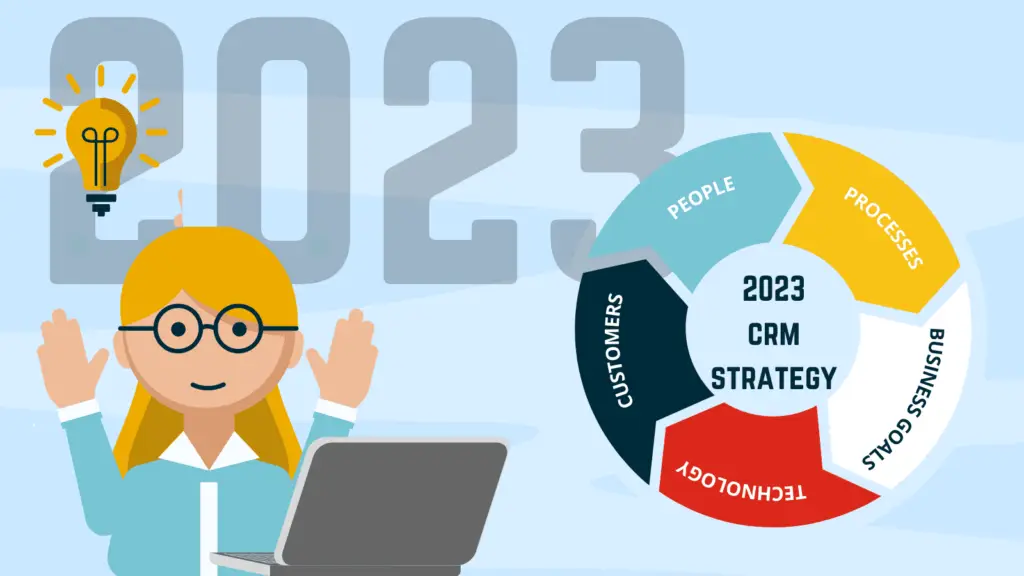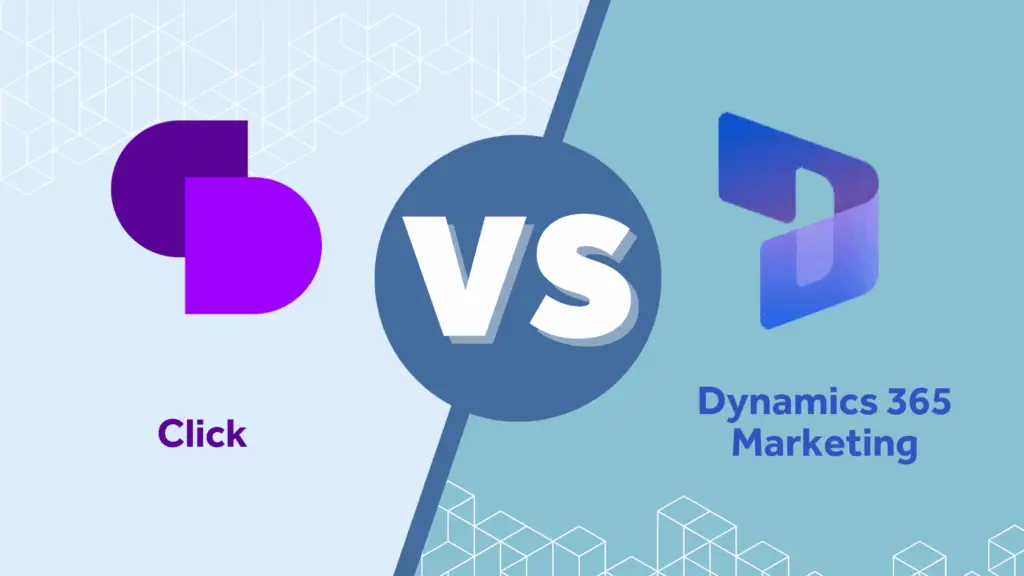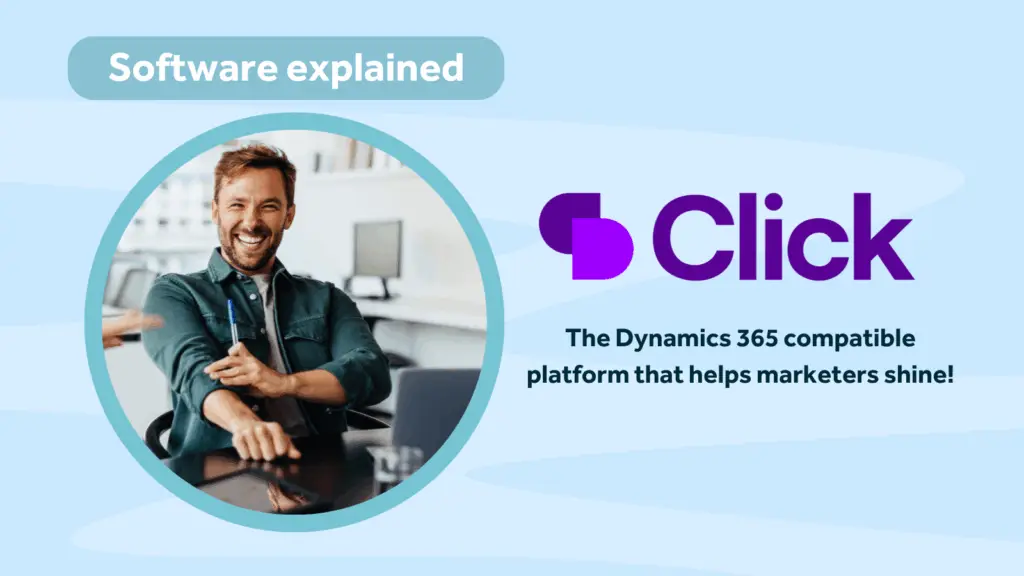For many, the new year is often the precursor for fresh plans, adjustments and improvements. After all, no business can rigidly stick to plans set 12 or 24 months previously. There is no time for stagnation or inflexibility when so much changes around us. But during uncertain times, it’s not all doom and gloom as, if we keep our peepers alert, there will undoubtedly be golden opportunities for growth. And so, reviewing your existing CRM strategy or creating your first one from scratch is a valuable exercise given the importance of data and CRM in good sales and marketing practice.
Is your existing CRM strategy still relevant?
Even if you already have a CRM strategy, reviewing those intentions and seeing how things measure against those plans is good. You can then consider what needs to change to adapt to ever-changing external and internal conditions.
If you already have a solid CRM strategy, you’ve got a good starting point. Hopefully, you already have the technology, processes and people in place to deliver your business objectives an d the flexibility within your system and processes to adapt to changing conditions.
Our message to those with a CRM Strategy is that reviewing it will be wise.
Whilst some phases or components of the strategy are yet to be actioned, the pace and course set two years ago needs speeding up, adjusting or adding to. We advise reviewing these goals and evaluating your progress against changing environmental and internal factors.
What if you need a CRM strategy?
If you don’t have a CRM strategy, you’re here to address that as you’re reading this article. And choosing to address this, is a smart move, as CRM is an integral piece of armour for businesses of all sizes and industries worldwide. With a CRM system and a supporting strategy, a company can successfully manage interactions and build relationships with potential and existing clients. Above all, better customer service and personalised communications are an expectation of today’s customers; anything less won’t do.
Done correctly, a CRM Strategy transforms the way you communicate with your customers or prospects across the entire customer journey and helps you do this efficiently. A CRM helps your employees deliver better customer services and generate and convert more new business.
Yet, many businesses are still operating with an oversimplified dated CRM that is little more than a record management system or, worse still, managing customers through a series of spreadsheets.
With no plan in place that details how they intend to manage customer relationships or how they intend to use the system to deliver more opportunities, these businesses will be missing out on countless growth opportunities. That means there is no intention around how they intend to manage the data and how the system supports overarching business goals. And no detail about how technology, people and processes will transform that plan into action.
A CRM system without a strategy is like a boat without a paddle. You’re floating along with no direction or set course.
And for those reading this thinking, we have a CRM, and we use it to email clients and prospects, and sometimes we update records; it’s worked for us this far. That, my friend, is not a sufficient enough plan. It’s a sign that you must work on your CRM strategy.
How to create a CRM strategy
As we have alluded to, your strategy is your long-term plan, a set of actions to help you achieve business goals. Your CRM will state how your CRM software will help you achieve your growth plans.
Every CRM strategy is unique to that business tailored to its own internal and external factors; what works for one SMB won’t necessarily work for another. For this reason, rigour and detail are needed to deliver a roadmap to help your business achieve its goals.
So let’s look at the key components of a typical CRM strategy…
Business objectives
The best place to start is your business growth objectives. Is it sales growth? Is it improved business reputation? Is it diversification and innovation? Perhaps it’s market repositioning. What they may be, they need to be crystal clear.
Sales and marketing objectives
Next, determine how your sales and marketing functions support those objectives. What sales and marketing activities do you plan to deliver to help you achieve your business goals? How does this relate to your sales and marketing CRM? Can your existing system facilitate this activity in one centralised place?
Your customers
Considering your customers is a crucial component – your CRM system and strategy should be built around their needs, behaviours and preferences. Use your data to deliver insights into their preferences, behaviours and interactions with your business. And if this is difficult to do then, then that needs addressing in the strategy and instead, gather your customer intelligence in other ways. i.e. via your sales teams
Your communication strategy
The CRM activity you plan to deliver should support your communication objectives, so reflecting upon your communications strategy and messaging is crucial. Can you implement your content strategy with the tools that you have? Are you able to send personalised email messages with your existing system? Do you have the resources to deliver the planned communication with your existing team? How could CRM make the lives of those delivering your comms easier?
Understanding the customer journey
Today, knowing your customer isn’t enough; knowing their experience with your product or service is crucial. Armed with knowledge of how your customer segments interact with your business on and offline will help you shape your CRM marketing activity and even influence your CRM to build or future development.
Your processes
Identifying and mapping your processes is critical to any CRM strategy or implementation. This exercise often uncovers better and slicker ways of doing things, saving time and money and helping your teams deliver a better experience to the customer. Your CRM should help you make many of these processes far more efficient thanks to workflow, automation tools and the integrated and centralised nature of modern CRM software.
Involve your people
As we’ve said many times, CRM is much about people as it is processes, and you should involve your staff as much as possible. Getting them onboard, involved and contributing to the strategy and the CRM build or future development will mean you end up with a system and CRM activity that supports their day-to-day activity, which in turn helps you deliver better customer experiences.
Too often, CRMs are built and implemented will little thought of how they will support the sales and marketing teams. This results in a disengaged and disillusioned workforce who take a cynical view on the benefit of CRM technology.
And the involvement of people at all levels, from administrators to Directors, is crucial, as every single person holds value.
Skills
Continuing on the “people” theme, it pays to ensure you address any knowledge or skills gaps. Whether hiring the right skills or outsourcing to a partner, your plans may fall short if you don’t have the people power to make them a reality. (Read more on choosing a good CRM partner.)
Data management and governance
You may have a separate data strategy that looks at how you better store, manage, and leverage your data. But if not, you can address data management and governance in your CRM strategy.
You may want to consider how well your existing system or planned system delivers a single source of truth in your data (read more about the “single source of truth“).
Consider responsibility for data management. Do you have an assigned database manager or administrator? Are your people bought into the importance of good data management? Does your workforce have a positive “digital-first” mindset, or is there some resistance in this area?
Reporting and analytics
A well-managed and correctly implemented CRM will deliver powerful insights and reporting, so it makes sense to ensure you can answer the right questions. And equally, are your KPIs relevant, valuable and helping you manage your teams effectively?
Do you know what success looks like in terms of KPIs? And are you currently able to extract reports easily from your existing system? If not, what can you do to remedy this?
Technology
And finally, how well does your existing technological infrastructure support you in delivering objectives? Does the CRM play a central role in your customer data management? Does your data integrate seamlessly with data from other sources within your organisations?
The cardinal sin of CRM management is data siloes, as it prevents teams from collaborating from working together and slows down activities and can create unnecessary complex processes for your users. (Read more on how to choose the right CRM.)
Summary
We’ve deliberately skimmed over these considerations for formulating your CRM strategy, as much more can be said on each aspect. Still, hopefully, this offers you a good overview of what you need to consider to deliver an impactful strategy that will support your growth plans and future success.
Whatever 2023 may have in store for UK SMBs, the right customer management tools and supporting plan will help you adjust to any foreseen or unforeseen bumps in the road and stay on the path to success.
For impartial advice on our CRM plans, contact us for a free 30-minute consultation. If you’re an existing client, book some time, and we’ll be delighted to help you adjust your existing plans.
ABOUT ROCKET CRM
Rocket CRM is a Microsoft Dynamics 365, and a platinum Click accredited partner, helping small to medium-sized businesses and charities harness the power of scalable CRM technology. Our mission is to make powerful CRM software simple with custom-built, user-focused solutions.
Website: rocketcrm.co.uk
Podcast: RocketPod
Social: LinkedIn




